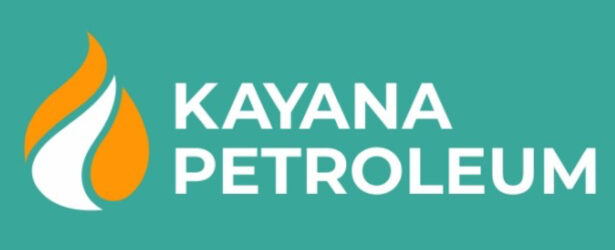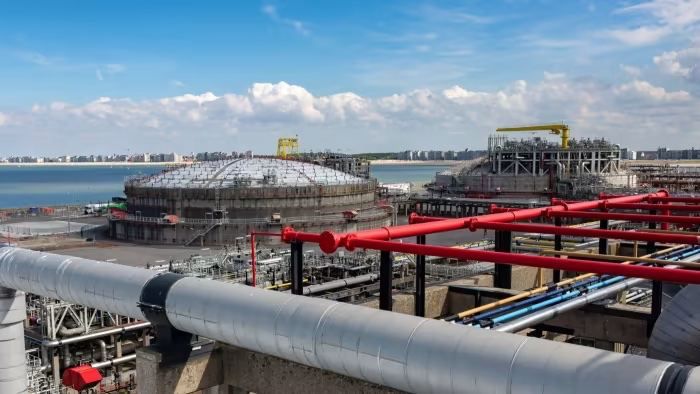In a surprising turn of events, the European Union (EU) is on track to import record quantities of liquefied natural gas (LNG) from Russia this year, even as it aims to reduce its reliance on Russian fossil fuels by 2027. Despite heightened geopolitical tensions and a push for energy diversification, the EU’s imports of Russian LNG have surged, with Belgium and Spain emerging as the world’s second and third-largest importers of Russian LNG, following China.
According to data analyzed by Global Witness, a non-governmental organization focused on environmental and human rights issues, EU imports of LNG from Russia have witnessed a remarkable 40% increase during the first seven months of this year compared to the same period in 2021. This surge is especially striking given the EU’s historical dependence on piped gas from Russia and its efforts to reduce such dependency.
Belgium and Spain have been significant contributors to this record-breaking import trend. Both countries have embraced Russian LNG as an alternative energy source, marking a significant shift in their energy strategies. Belgium’s port of Zeebrugge has played a crucial role in facilitating the reception of LNG from ice-class tankers, allowing the nation to import substantial volumes. Spain’s utility company Naturgy and France’s TotalEnergies have also secured substantial contracts for Russian LNG, further cementing the trend.
The majority of Russia’s LNG volumes are sourced from the Yamal LNG joint venture, a project largely owned by Russian company Novatek. Other stakeholders include France’s TotalEnergies and China’s CNPC.
In conclusion, the EU’s substantial increase in Russian LNG imports, particularly by Belgium and Spain, is a surprising development that underscores the complexities of energy politics, supply dynamics, and the ongoing challenge of balancing energy security with diversification goals.


